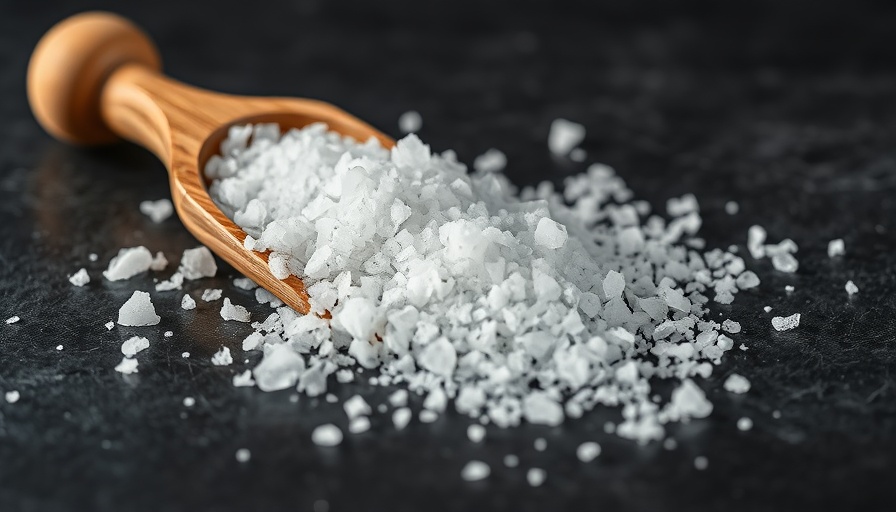
The Hidden Dangers of Excess Sodium and Potassium Deficiency
In today’s world, the health risks associated with excessive sodium intake and insufficient potassium consumption are often overlooked, yet they play a critical role in our overall well-being. Shockingly, the majority of Americans are consuming sodium levels that are not just above recommended limits but are four times what our bodies can naturally handle. This epidemic is linked to serious health issues, such as high blood pressure, heart disease, and even kidney damage. The American Heart Association has set a recommended limit of 1,500 milligrams of sodium per day, yet a staggering 98.8% of Americans exceed even this elevated benchmark.
Understanding Sodium and Potassium Balance
While we are inundated with salt from processed foods, potassium—a nutrient essential for lowering blood pressure—remains woefully absent from our diets. Our dietary evolution suggests that our ancestors consumed a whopping 10,000 milligrams of potassium daily, whereas today, less than 2% of Americans meet the recommended intake levels. This rising potassium deficiency is undoubtedly alarming, especially when considering the implications it has for cardiovascular health.
The Shift in Dietary Patterns
So, what’s happening with our diets? The transition from a traditional plant-based diet rich in fruits, vegetables, and whole foods to a salt-laden Standard American Diet has exacerbated this issue. In this fast-paced world, convenience often trumps nutrition, leading us to favor processed foods overflowing with sodium but lacking in vital potassium. This shift not only affects immediate health but also long-term outcomes, potentially increasing the risks for serious conditions such as arthritis and osteoporosis.
Learning to Shake Off the Salt
Are there healthier alternatives? Absolutely! Many health experts suggest considering potassium chloride as a salt substitute. However, it’s essential to approach this substitute with caution. Potassium chloride can provide a taste similar to table salt while offering the added benefit of potassium. But moderation is key, as excessive potassium can also be harmful, especially for individuals with kidney issues or those on certain medications. Before making any drastic changes to your diet, it’s advisable to consult a healthcare provider.
Empower Yourself with Knowledge
Understanding the balance between sodium and potassium can empower you to make healthier dietary choices. Incorporating more whole foods into your diet—like leafy greens, bananas, and legumes—can naturally increase your potassium intake while reducing sodium. Simple shifts, such as cooking at home and minimizing processed foods, can lead to substantial health benefits in the long run. Reach for herbs and spices to flavor your food instead of packing on the salt!
Your Journey to Healthier Eating Starts Here
If you're looking to improve your health and tackle sodium and potassium imbalances, consider gradually integrating these tips into your daily routine. Being proactive about dietary habits can lead to a healthier lifestyle overall. By prioritizing whole foods rich in potassium and dramatically reducing salt intake, you can make significant strides toward better health.
 Add Row
Add Row  Add
Add 




Write A Comment